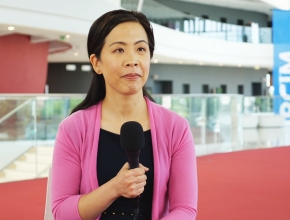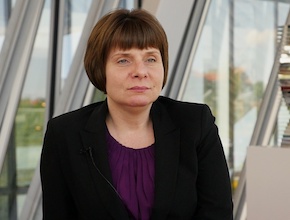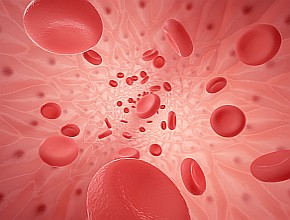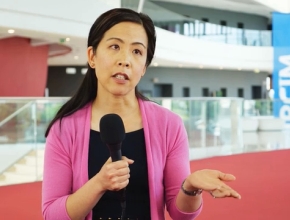References
Raskob GE, van Es N, Verhamme P, et al; Hokusai VTE Cancer Investigators. Edoxaban for the Treatment of Cancer-Associated Venous Thromboembolism. N Engl J Med. 2018 Feb 15;378(7):615-624. doi: 10.1056/NEJMoa1711948. Epub 2017 Dec 12. PubMed PMID: 29231094.What anticoagulation treatment should be used in a patient with active cancer and atrial fibrillation after deep vein thrombosis (DVT)?
Mark Crowther, MD: That is a complicated story. The presence of cancer is relatively irrelevant, meaning that there is no real reason why the cancer should modify a decision about anticoagulants. If the person has had DVT in the setting of cancer, then that might influence your choice of anticoagulants. Up until recently, the drug of choice would have been a long-term low-molecular-weight heparin. You may be aware that there was a large study published just a few months ago, which compared edoxaban—one of factor Xa inhibitors—with low-molecular-weight heparin and showed that they were equivalently safe and effective. I think with time we will see Xa inhibitors be used more and more in cancer-associated thrombosis.
Edoxaban has only limited availability in different jurisdictions, and in those jurisdictions where it is approved it would be a really nice treatment in the case you just identified: The patient has atrial fibrillation, it is approved for that. The patient has acute or chronic DVT, the drug is approved for that. And the patient has a cancer-associated thrombosis, and the drug in many jurisdictions is approved for that as well. In that particular circumstance, edoxaban might be a good choice. In many other circumstances, low-molecular-weight heparin at a therapeutic dose would be a good choice.
 English
English
 Español
Español
 українська
українська









